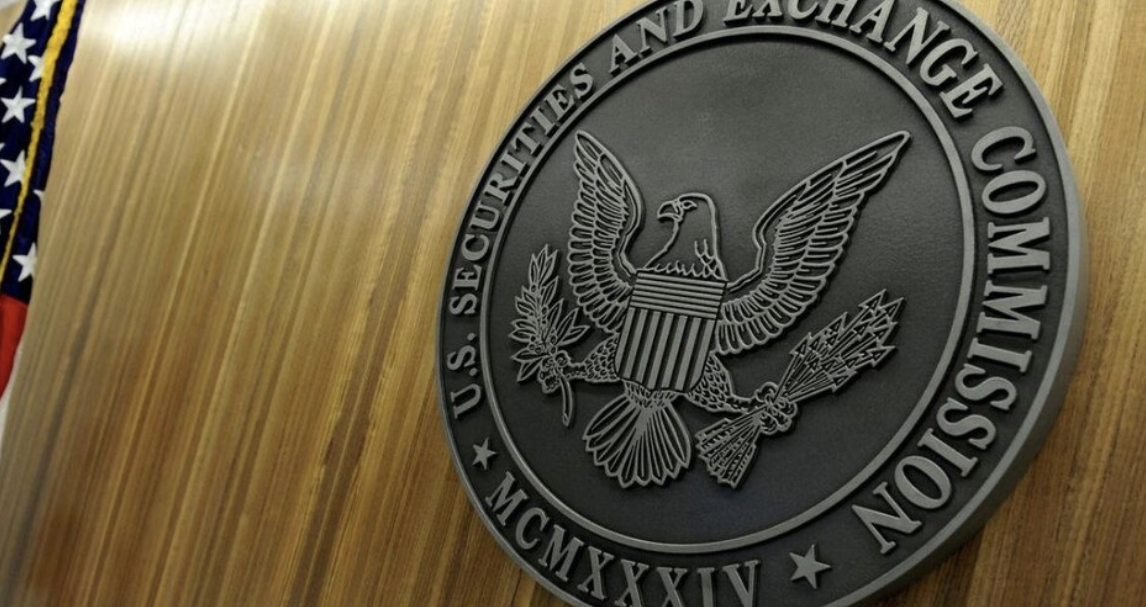Join Our Telegram channel to stay up to date on breaking news coverage
In response to stricter regulations and reduced market depth on centralized exchanges, crypto traders are increasingly resorting to over-the-counter (OTC) markets to access much-needed liquidity.
Crypto Traders Embrace OTC Markets for Liquidity
The surge in OTC demand can be attributed to various factors, including the collapse of FTX, the downfall of crypto lenders, and the recent SEC lawsuit against Binance, according to Zahreddine Touag, the head of trading at Woorton, a market-making firm based in Paris.
The catalyst for this growing demand is the significant decline in market depth across exchanges. Market depth measures the liquidity of an asset by evaluating the amount of capital necessary to impact its price, typically at a 2% spread.
The liquidity woes have been compounded by recent developments. Notably, influential market makers Jane Street and Jump announced a reduction in their trading activity. Kaiko data shows that market depth on exchanges declined by over 50% from November to May, and Binance.US, the exchange facing the SEC lawsuit, experienced a staggering 76% plunge in market depth.
Consequently, executing large transactions on exchanges is becoming challenging, as thin order books lead to slippage. As a result, the OTC market, which enables traders to conduct significant transactions without relying on exchanges, is gaining prominence.
Woorton’s Touag highlighted the increasing demand for OTC trading, citing tight spreads due to recurring flow from payment providers, brokers, and algorithmic traders.
This trend is reminiscent of the aftermath of the Mt. Gox hack in 2014 when the largest crypto exchange at the time ceased operations. Despite this setback, the demand for digital assets persisted, with peer-to-peer markets like LocalBitcoins emerging as the leaders during the 2014 bear market.
As the crypto industry integrates into traditional finance, the involvement of prominent firms has significantly grown. In 2020, arbitrage traders on LocalBitcoins were no longer the only counterparties, as publicly-listed companies like MicroStrategy directly engaged with Nasdaq-listed exchange Coinbase.
What’s Next For Crypto? – SEC Action Prompt Investors to Question Securities’ Future
On June 5, the US Securities & Exchange Commission (SEC) launched a regulatory clampdown, filing lawsuits against Binance and Coinbase. Notably, the SEC expanded its allegations, designating certain cryptocurrencies as “securities.”
The SEC’s classification affected cryptocurrencies with a combined market capitalization of $100 billion. Consequently, these labeled tokens experienced price declines, leaving holders and participants in the crypto market uncertain about the future of these assets and their potential registration and trading on exchanges like Nasdaq.
Tokens labeled as securities by the SEC faced significant consequences. The SEC identified over 60 assets as securities and updated the list in the lawsuits against Coinbase and Binance. This led to a substantial outflow of capital from altcoins and a corresponding drop in their prices.
In response, exchanges and social trading platforms, such as eToro and Robinhood, contemplated delisting the assets labeled as securities by the SEC. Market participants are now speculating on the fate of these cryptocurrencies.
Recently, a crypto trader (@Javacrypto_) raised a question on Twitter: Can these assets be registered as securities and traded on platforms like Nasdaq?
Examining the content of emails from Hinman and internal messages of SEC executives reveals a lack of clarity regarding the criteria for determining whether an asset is “sufficiently decentralized” or not.
The release of these documents has only deepened the confusion among experts and analysts.

The SEC’s recent security classification holds implications not only for the labeled securities tokens but also for the crypto exchanges that facilitate their trading. Vetle Lunde, a senior analyst at K33 Research, emphasized that these classifications would compel US-based exchanges to cease trading on several altcoin pairs.
The regulatory measures aim to tighten control and oversight in the crypto market, potentially reshaping the landscape for token listings and trading activities within the United States.
As a result, the SEC’s actions create obstacles for both tokens seeking registration as securities and the exchanges facilitating their trading. Securities can only be traded by brokers on regulated exchanges involving clearing houses, transfer agents, and physical certificates.
This complicates the registration process for tokens labeled as securities and presents new challenges for traders aiming to access and trade them.
Additionally, the SEC’s classification could potentially hinder tokens within the DeFi ecosystem and Ethereum alternatives like Solana and Cardano, which support multiple assets on their blockchains.
Since June 5, the overall crypto market capitalization has declined by 6.2%, at the time of writing.
Related Articles
- Binance Review
- Crypto Firm CEO Says SEC Will Win The Fight Against Ripple, Community Reacts
- Where to Next for Bitcoin? Bulls Propel BTC Price Up from $25,000 Trough: A Forecast
Wall Street Memes – Next Big Crypto
- Early Access Presale Live Now
- Established Community of Stocks & Crypto Traders
- Featured on BeInCrypto, Bitcoinist, Yahoo Finance
- Rated Best Crypto to Buy Now In Meme Coin Sector
- Team Behind OpenSea NFT Collection – Wall St Bulls
- Tweets Replied to by Elon Musk
Join Our Telegram channel to stay up to date on breaking news coverage



